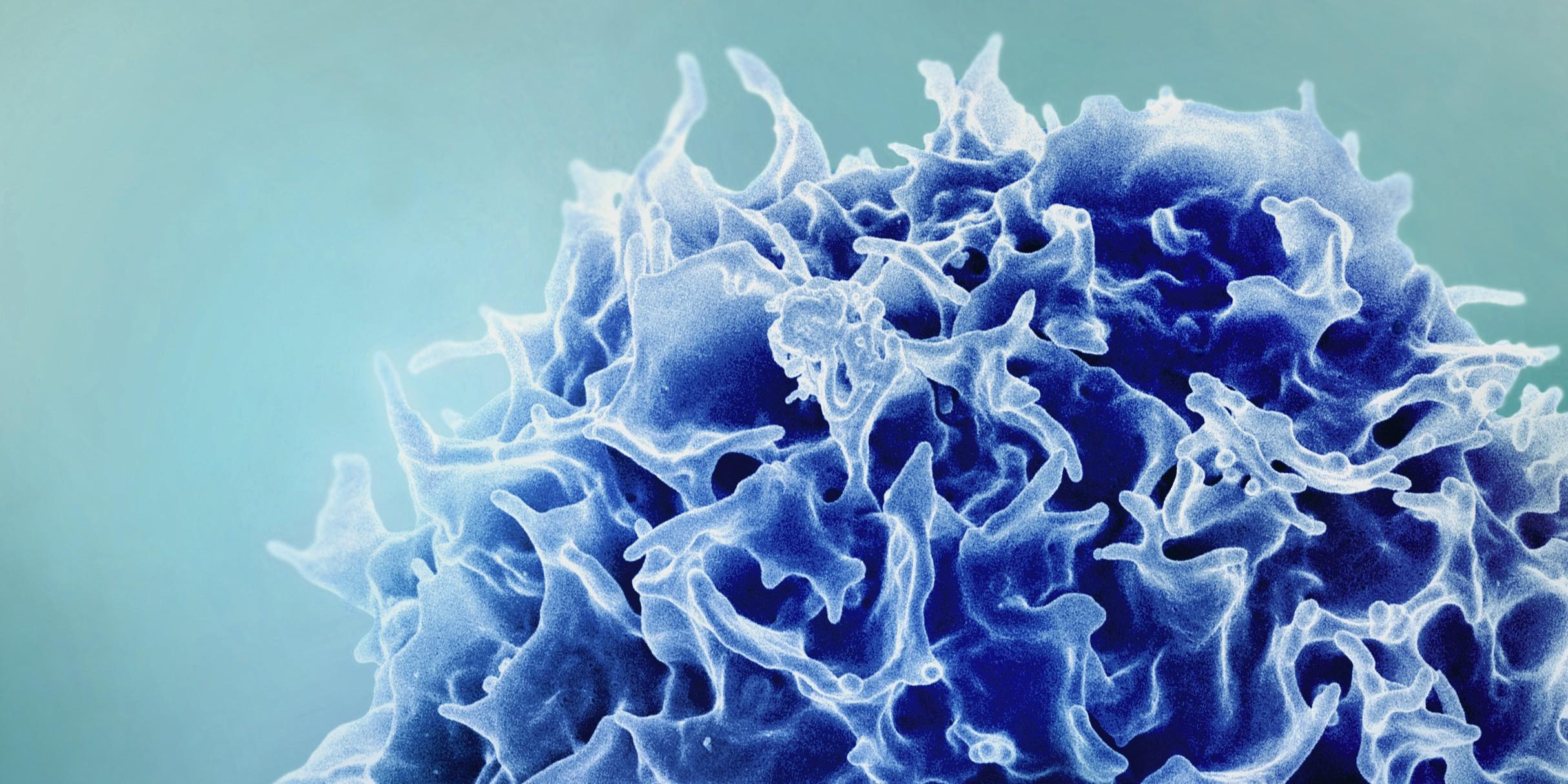
Submitted by Yan Pan on Tue, 15/07/2025 - 10:47
Uncovering ABHD11 as a key metabolic regulator could lead to new treatments for cancer, autoimmune diseases, and metabolic disorders.
A new study led by researchers at the University of Cambridge and the Karolinska Institute has identified a key enzyme that controls how cells generate energy and mount immune responses.
The findings, published today in Nature Chemical Biology, reveal the crucial role the enzyme ABHD11 plays in maintaining mitochondrial function and immune cell performance.
The research was co-led by Professor James Nathan, Principal Investigator at the Cambridge Institute of Therapeutic Immunology and Infectious Disease (CITIID), and Professor Randall Johnson from the Department of Physiology, Development and Neuroscience at the University of Cambridge and the Karolinska Institute.
| Guine Grice | Eleanor Minogue | Hudson Coates | James Nathan |
Joint first authors, Guine Grice, Eleanor Minogue, and Hudson Coates found that ABHD11 works as a “deglutarylating enzyme” — a molecular eraser that removes specific chemical tags from proteins. ABHD11 acts as a quality control supervisor in the cell's energy production line and ensures the proper functioning of lipoate, which is essential for the tricarboxylic acid (TCA) cycle that converts nutrients into usable energy. When ABHD11 is absent, unwanted modifications build up, forcing cells to rewire their entire energy system.
ABHD11 can be thought of as a caretaker of mitchondria — the cell's powerhouse. When ABHD11 is absent, chemical modifications accumulate and disrupt the system. This metabolic rewiring has significant implications for how immune cells function.
ABHD11's role is particularly important for CD8+ T cells, which defend the body against viruses and cancer. These cells depend heavily on the TCA cycle to power their activity and mount effective immune responses. By identifying ABHD11 as a crucial control point in cellular metabolism, the study opens promising new avenues for novel treatments for metabolic disorders, enhanced cancer immunotherapy, and better strategies for managing autoimmune diseases.
Reference
Grice, G.L., Minogue, E., Coates, H.W. et al. Lipoyl deglutarylation by ABHD11 regulates mitochondrial and T cell metabolism. Nat Chem Biol (2025). https://doi.org/10.1038/s41589-025-01965-6
The text in this work is licensed under a Creative Commons Attribution-NonCommercial-ShareAlike 4.0 International License. Images, including our videos, are Copyright ©University of Cambridge and licensors/contributors as identified. All rights reserved. We make our image and video content available in a number of ways that permit your use and sharing of our content under their respective Terms.





